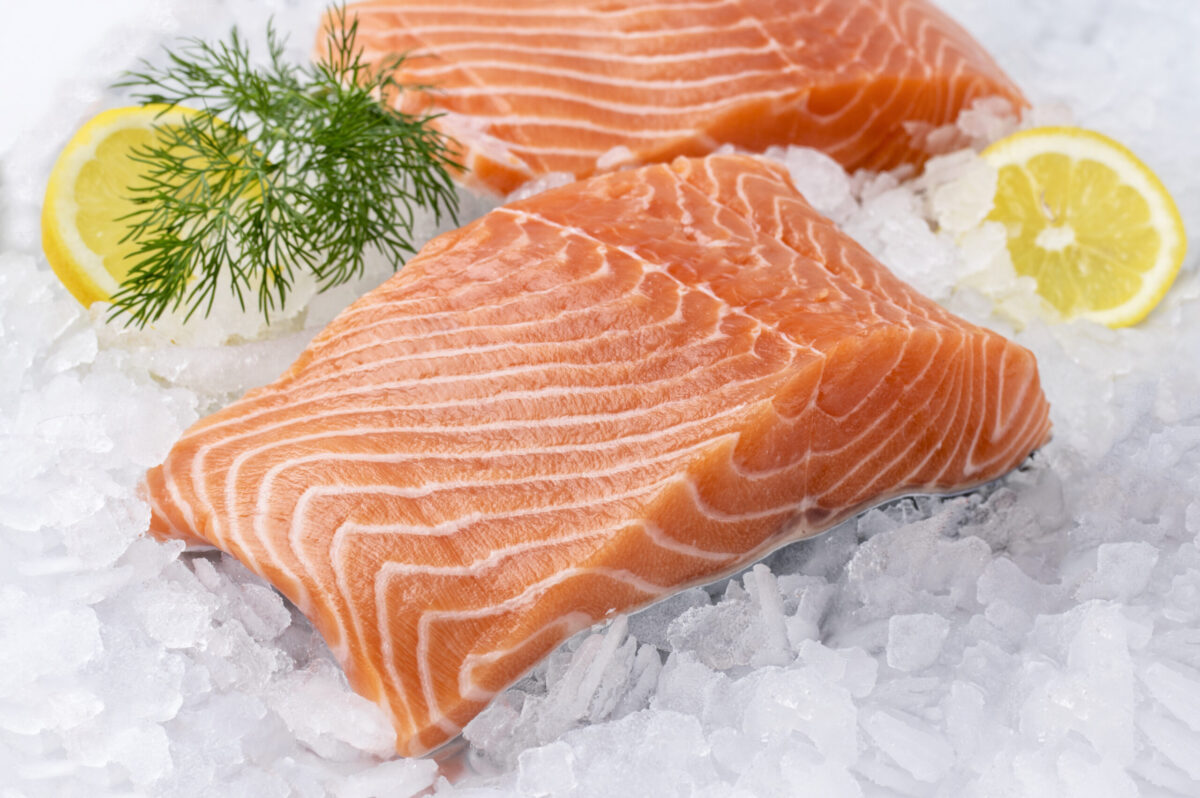Salmon industry report predicts high demand, slow growth

A growing global middle class and an ageing world population looking to eat healthy food are driving Atlantic salmon consumption, the industry giant Mowi says in its 2024 Salmon Farming Industry Handbook, published today.
It also warns, however, that the industry is reaching the limits of growth unless there are significant improvements in production technology and fish health.
Mowi’s annual review of salmon farming is a yearly attempt to give a clear picture of the sector, how it operates, its challenges and the worldwide benefits it brings.
The Handbook reveals that the supply of Atlantic salmon has increased by 527% since 1995 (annual growth of 7%). The annual growth in the period 2013-2023 was 3%.
Mowi said it expects future growth from 2023 to 2028 to remain relatively stable, however, at 2%, as the industry has reached a production level where biological boundaries are being pushed.

Global farmed salmon industry projected growth (source: Mowi Salmon Farming Industry Handbook)
The Handbook says: “Future growth can no longer be driven only by the industry and regulators as measures are implemented to reduce its biological footprint.
“This requires progress in technology, development of improved pharmaceutical products, implementation of non-pharmaceutical techniques, improved industry regulations and intercompany cooperation.”
It says: “The industry is a good fit with the global macro trends, as Atlantic salmon is a healthy, resource-efficient and climate-friendly product produced in the sea.
“The global population is growing, resulting in increased global demand for food. The world’s population is expected to grow to almost 10 billion by 2050.
“The health benefits of seafood are increasingly being promoted by global health authorities. The EAT-Lancet Commission recommends increased consumption of fish, dry beans and nuts as sustainable, healthy protein sources.”
Highlighting salmon’s now well-known omega-3 health benefits, the Handbook says that wild fish stocks were now more or less fully exploited.
“The middle class is growing in large emerging markets, allowing more people to eat different, and more nutritious, protein rich foods, such as fish, meat and eggs.
“Consumption of high-quality proteins is expected to increase,” the publication says.
It points out that climate change is the greatest environmental challenge the world has ever faced.
“Soil erosion is a growing issue for food production, challenging the world to investigate new ways of feeding the population.
“Concerns about climate change are influencing dietary choices. Increased consumption of fish can reduce global ghg emissions and improve human health.”

Mowi Salmon Farming Industry Handbook 2024

